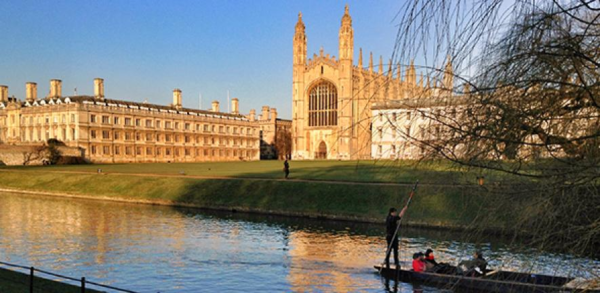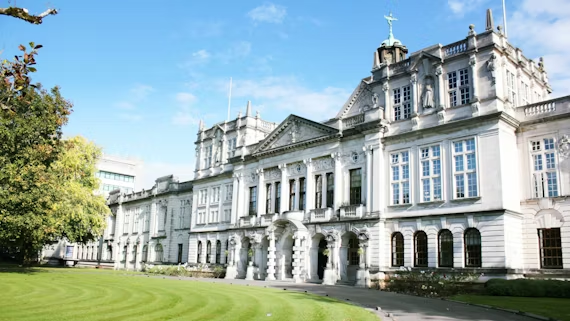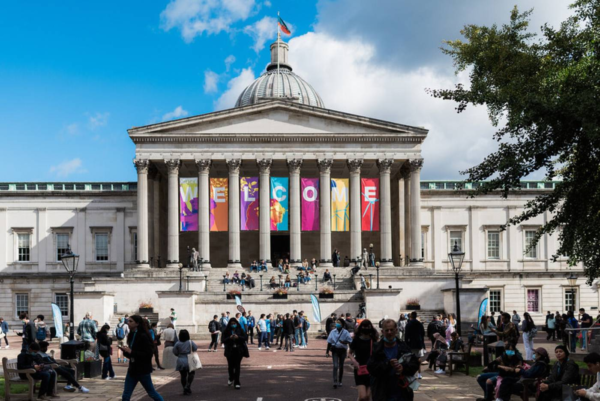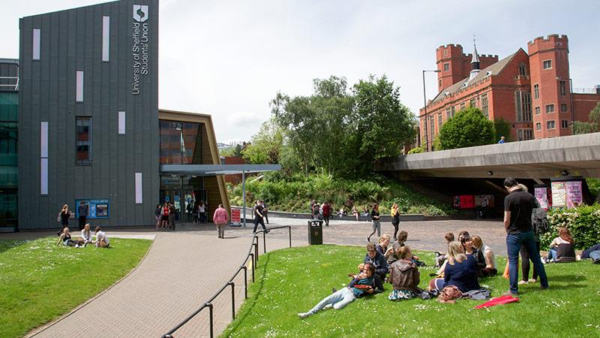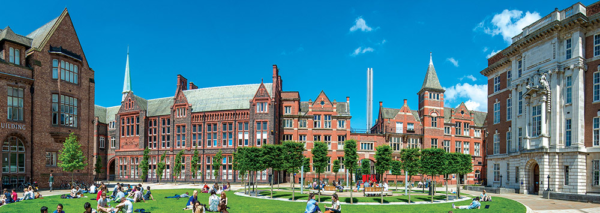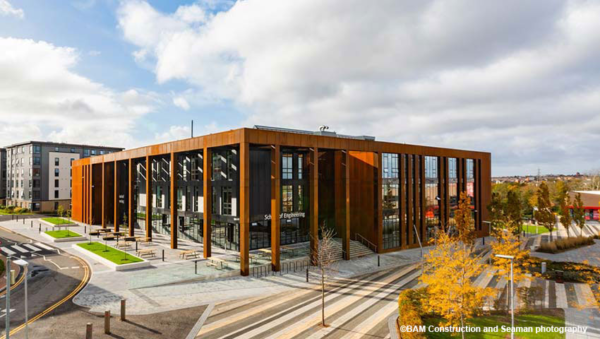
Here’s an interesting fact to know: The term “Architect” is a legally protected term in the United Kingdom. It means that you cannot simply use the term without the necessary qualifications and registrations. To call yourself an Architect, your name must be included in the “Architect’s Register” after you clear the prescribed examinations. This process is in place so that the people who depend on your services know that you are appropriately qualified.
How do you become an architect in UK?
The governing body is the Architects Registration Board (ARB). This is the organisation that maintains the Architects Register and accredits universities and courses. There is also the RIBA which is the Royal Institute of British Architects. The RIBA is a charity that offers professional memberships, networking, resources and other services to its members who are qualified architects.
Becoming an architect in the United Kingdom, according to ARB requirements requires a 3-part qualification.
Part 1: This is a 3-year degree in architecture (bachelor’s degree) that has been accredited by the ARB/ RIBA. If the course is accredited, you are automatically given a Part-1 certification.
However, if you have completed your BArch in India, or have completed any other non-accredited degree, you can contact the ARB and take up the Exam for Equivalence to Prescribed Qualifications and get your Part 1 certification. While it is not mandatory, it is also highly recommended to get 1 year of practical experience with an employment mentor and a professional studies advisor through RIBA after getting your Part 1 certification.
Part 2: For Part 2, you must already have a Part 1 qualification and completed two further years of postgraduate study in architecture. This is typically the MArch courses in UK, accredited by ARB/ RIBA. It typically takes 2 years to complete. During this time/ after completion of the course, you need 24 months’ of practical experience, out of which at least 12 must be in the UK.
Part 3: Part 3 is akin to a postgraduate diploma that takes about a year to prepare. This focuses on practice, project management and law. The part 3 course can only be taken by the board’s validated course providers. After your 2 year work experience, you will have to undertake a case study, a written exam and a final oral exam to qualify as a Chartered Architect in the UK.
What happens with a non-accredited course?
Many universities, including the top ones, have 1 year MSc or MA in architecture in UK that are non-accredited. Are these courses recognised? Does it mean they are valued less? Can you become an architect if you choose these courses? Let’s take a look.
Firstly, you can absolutely get employed with a non-accredited degree. You can use your technical/ professional or design skills in the field, working for an architect. However, for a long-term plan, it is more profitable to be registered with the ARB.
1-year masters in architecture UK courses are typically chosen as a second master’s degree to have a specialisation within the field of architecture. For instance, you can continue on the architect track with an MArch while also having a specialisation in urban planning or bio-integrated design (MA/ MSc).
If you are looking to work in the UK in a niche area that can help architects, as opposed to being an architect yourself, these courses are the way to go.
For example, Cardiff University has an MSc in Computational Methods in Architecture. This is a technical course that dips into Machine Learning and AI to create 3D models and digital fabrications or, render animations. With this degree, you might not become an architect yourself but continue to be an integral part of the industry as a whole.
They are also useful for international students looking to practise outside the UK.
Is it good to study architecture in UK?
The answer is yes. Here’s why.
The architecture and construction industry brings about £113 billion pounds to the economy in UK revenue and provides over 40,000 jobs. Looking at the UK’s history of stunning buildings, it is a lot of experience and expertise for you to learn from.
UK universities are world renowned and the ideal higher education destinations to build a global career, offering both academic expertise and practical training.With a rich history and a culture of innovation ensuring that learning happens both inside and beyond the classroom, the UK is an ideal study destination to pursue a masters course in architecture.
UK architecture colleges offer a number of specialisations ranging from building design and landscape to urban and rural planning. This creates clearer career paths and niche areas of study and research.
The standards set by the ARB make UK degrees recognised and valued in many parts of the world, opening up your career opportunities as a global citizen.



